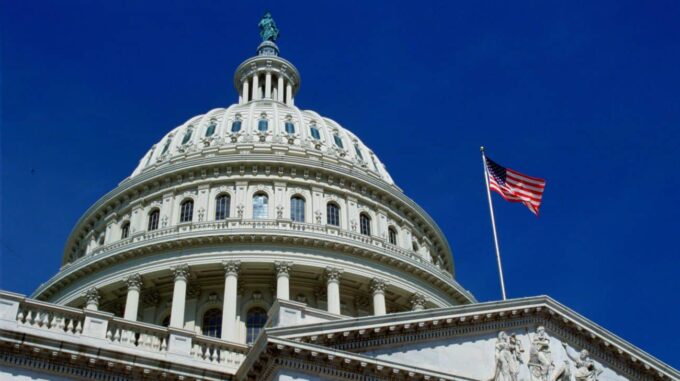Western media report: the United States has transmitted written proposals to Iran regarding the renewal of the nuclear deal

In intricate and tense diplomatic negotiations between the United States and Iran that have been ongoing for several months, new signals have emerged from Washington. According to several sources obtained by Axios and confirmed by "European Truth," the US has delivered written proposals to Tehran outlining a possible framework for an agreement concerning Iran’s nuclear program. Reliable sources indicate that at the end of last week, during the most recent round of talks, White House nuclear diplomacy envoy Steve Vitoff, who is leading negotiations with the Iranian side, presented a detailed written document setting out key provisions of a potential agreement. At the same time, the Iranian side, including Foreign Minister Abd Mustar Araghchi, forwarded this document to the higher political leadership—namely, to Supreme Leader Ali Khamenei, President Masoud Pesezghian, and other high-ranking officials. This suggests serious intentions by Iranian representatives to evaluate and discuss possible compromises. Though no specific details have been made public, sources paid particular attention to Vitoff’s remarks at the UN Security Council, where he described the proposal as “sophisticated” and “comprehensive.” However, he emphasized that much work remains before genuine progress can be achieved. He expressed strong confidence that diplomatic efforts are bringing the parties closer to an agreement, while privately adding that concerns about limitations in the diplomatic process and potential obstacles persist. Optimism about the prospects for further negotiations was also voiced by US President Donald Trump. In a recent speech, he stated that Washington and Tehran are already close to an agreement and are working toward its signing. At the same time, he underscored that the US administration remains prepared to continue applying pressure on Iran by imposing sanctions and warning foreign companies that continue to trade Iranian oil. With the blessing of diplomatic efforts, the parties agreed to continue the negotiations even after the conclusion of the fourth round of talks, held on May 11. It is important to note that despite internal political tensions, both countries seek to find mutual understanding and resolve the conflict surrounding Iran’s nuclear program. Many experts and analysts emphasize that this diplomatic activity could play a key role in regional stabilization, as issues of non-proliferation and security are on the agenda. At the same time, reports of written proposals are prompting observers to monitor developments more closely, since any progress or failure in these compromise negotiations could have serious consequences for both Middle Eastern security and global political stability. Against the backdrop of efforts to reach consensus between Tehran and Washington, internal political factors remain highly relevant, as each step is closely watched by the international community and sanctions regimes. At the same time, questions remain: how promising is this diplomatic process, and whether the parties are able to find a compromise formula that satisfies all interested countries and can stabilize the region.

